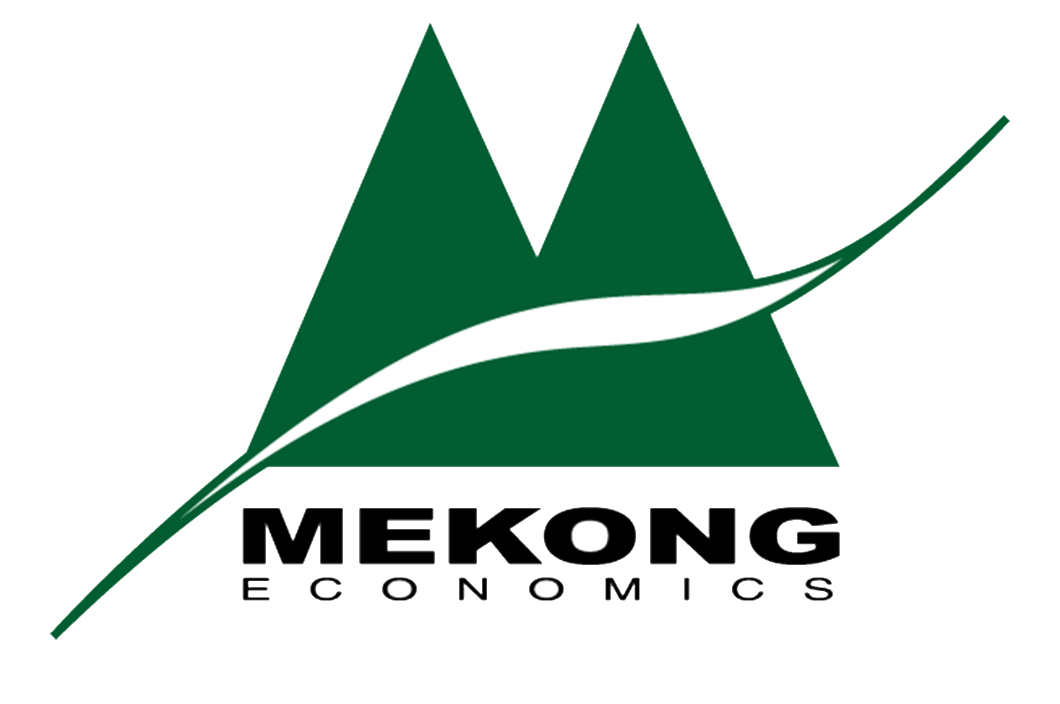Ex-post evaluation of the impact of EU FTAs on key environmental aspects, including climate - ECORYS Nederland B.V. - 2023-4
Description of Project:
The EU is the world's largest trading block. It provides the biggest export market for around 80 countries; and EU Member States account for 16% of world imports and exports. Consequently, the EU has a considerable impact on third countries through trade, including the way in which international trade is conducted and how global environmental and wider sustainability related aspects are addressed.
The EU has developed wide-ranging provisions on environment and climate in the Trade and Sustainable Chapters of its trade agreements, with commitments to effectively implement
Multilateral Environmental Agreements (MEAs) as well as specific provisions on e.g. timber, fisheries and biodiversity. The study1, commissioned by the Commission to the London School of Economics and Political Science (LSE) and published in February 2022, provides from page 44 an overview of the specific environmental issues in the Trade and Sustainable Development (TSD) provisions in the EU agreements.
The Commission announced in its 2021 Communication “Trade Policy Review – An Open, Sustainable and Assertive Trade Policy”2 that it would “carry out an ex-post evaluation of the impact of the EU’s agreements on key environmental aspects, including the climate”. This commitment was made under the section ”Supporting an informed discussion on trade policy”, with a view to addressing perceived public concerns about the interplay between EU trade policy and its environmental ambitions set out in the Green Deal3. The evaluation will feed into the public debate and provide recommendations as to where the negotiation and implementation of commitments related to TSD will be most impactful.
This ex-post evaluation project will study the nexus between EU trade agreements and key environmental aspects, including the climate, analysing the effects of EU trade agreements and reflecting the dedicated effort the EU makes to contribute to environmental protection through a mix of joint disciplines and cooperation commitments.
The objective of the evaluation is to present a factual and balanced assessment of EU trade agreements as regards their relationship with environment and climate. Impacts should be put into context of the pre-trade agreement baseline of the environmental and climate situation of EU trade partners.
The over analytical work will consist of two complementary workstreams:
A quantitative Computable General Equilibrium (CGE) model analysis, which will quantify the overall cumulative impact of EU bilateral trade agreements on greenhouse gas emissions and, where possible, other key environmental aspects, such as deforestation (conducted in-house and thus not part of the tender);
A qualitative ex-post evaluation of the impact of the environmental provisions of representative EU trade agreements on key environmental and climate aspects (the tender is feeding into this evaluation).
Only the second workstream, focussing on qualitative evaluation, is subject to the present call.
The overall objective of the qualitative analysis is to evaluate how environmental and climate considerations are addressed in the implementation of bilateral EU trade agreements.
A specific objective will be to identify the contribution of environmental provisions in trade agreements and assess that contribution in a qualitative manner. Showcasing particularly impactful stories can also have an important value in terms of communication about EU trade policy. The tender should therefore also provide for 20 short case studies where the provisions of EU trade agreements did have an impact on the climate and key environmental aspects.
The study performed by the external contractor will subsequently constitute an input for the ex-post evaluation Staff Working Document that will be prepared by Commission services.
The study should provide the Commission with a more in-depth analysis of the potential environmental and climate impacts of the provisions in EU trade agreements; and should facilitate a wider outreach to stakeholders in the EU.
Furthermore, the study shall make recommendations to maximise the expected benefits of the environmental and climate provisions of the agreements, in line with the EU’s new approach to trade and sustainability and prevent or minimise potential negative impacts.
Description of actual services provided by your staff within the assignment:
The scope of the services for the position of Regional Expert is summarised below.
Conduct stakeholders’ consultation activities under the guidance of the Ecorys Representative, by identifying relevant stakeholders and carrying out a maximum of 15 interviews and one focus group discussion (FGD), covering a total of minimum 25 stakeholders.
Participate to the reporting activities by sending short interview reports summarising the findings from each interview to the Ecorys representatives. The summary will be validated by the Ecorys research team.
Coordinate with the lead author for the provision of information relevant for the purposes of the finalisation of the Vietnam case studies (3) foreseen in the context of the ex-post evaluation.
Geographical scope of the consultation: Vietnam
Duration: The Services shall be performed during the period commencing after November 1st, 2023 and shall be completed by July 31, 2024, unless a later date is agreed upon with the Client. Should a later date be agreed upon with the Client, the aforementioned date shall become the new end date for this contract.
Location(s): The work shall be performed largely at the expert’s premises.
Reporting procedure: report directly to the Ecorys representative in the Netherlands or the replacement. Reports shall be presented to the Ecorys representative in conformity with the Client’s guidelines.
Location: Vietnam
Client: ECORYS Nederland B.V.
